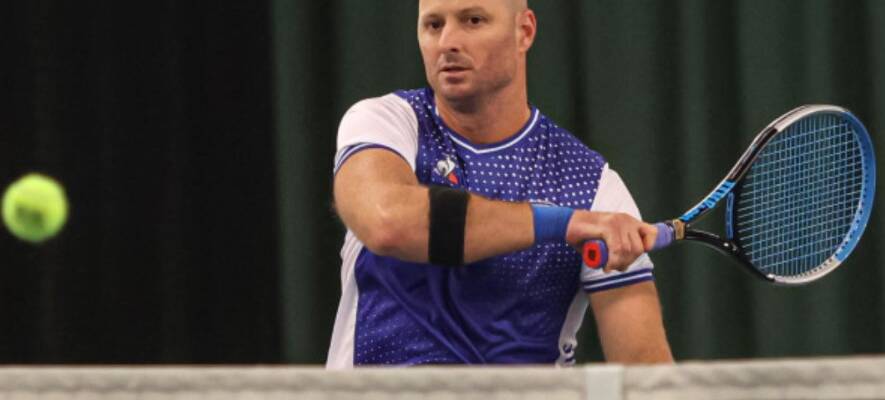The ‘From Gaza to Los Angeles’ program encourages wounded soldiers to train for the Paralympics in 2028.
By Shula Rosen
With three disabled veterans representing Israel in the 2024 Paris Olympics, some soldiers wounded in the current Gaza War are already training for the 2028 Paralympics.
Israel was once the leader in Paralympic medals, given the large number of athletes wounded in wars and polio survivors.
After the peak of earning a staggering 69 medals in the Toronto Paralympics in 1976, Israel’s numbers in the competition have been steadily declining.
Ron Bolotin, the general manager of the Israel Paralympic Committee, said in Tokyo in 2021, “Today, happily, there aren’t a huge number of those wounded in the IDF with relevant disabilities.”
“There’s better medicine, fewer wars, and no polio, so we just have to find the right children and teens around the country. That’s our future.”
However, few were able to predict the events of October 7, 2023, and the ensuing war that has left over 10,000 soldiers injured.
In the first few weeks of the war, the Israel Paralympic Committee, the IDF Disabled Veterans Organization, and The Israel Sports Association for the Disabled coordinated to communicate with recuperating soldiers, raise money, and distribute supplies.
Moshe “Mutz” Matalon, 71, the chairman of the Israel Paralympic Committee who was injured during military service and competed as a Paralympian, commented on the recuperating soldiers.
The effort to reach out to wounded soldiers and encourage them to resume their sports training to compete in the 2028 Paralympics is called “From Gaza to Los Angeles.”
“A lot of the young people were athletes already before they were wounded, and they were in incredible shape,” he told The Times of Israel.
“We started to send athletes and coaches to the rehab centers, in coordination, of course, with the doctors and physiotherapists,” said Matalon.
“And we started to bring equipment to the hospitals, hand bikes, tennis, table tennis, archery, and almost everything except shooting.”
Although Matalon acknowledged that it takes the soldiers time to adjust to their new reality, around 100 soldiers are currently involved in training with the program.
“I have a huge smile over what a victory it is to bring people from the hospital bed to [active sports], but then you say, ‘Damnit to hell — what they went through, what they’re going through, what a price they paid, are we even worthy of these people?”
